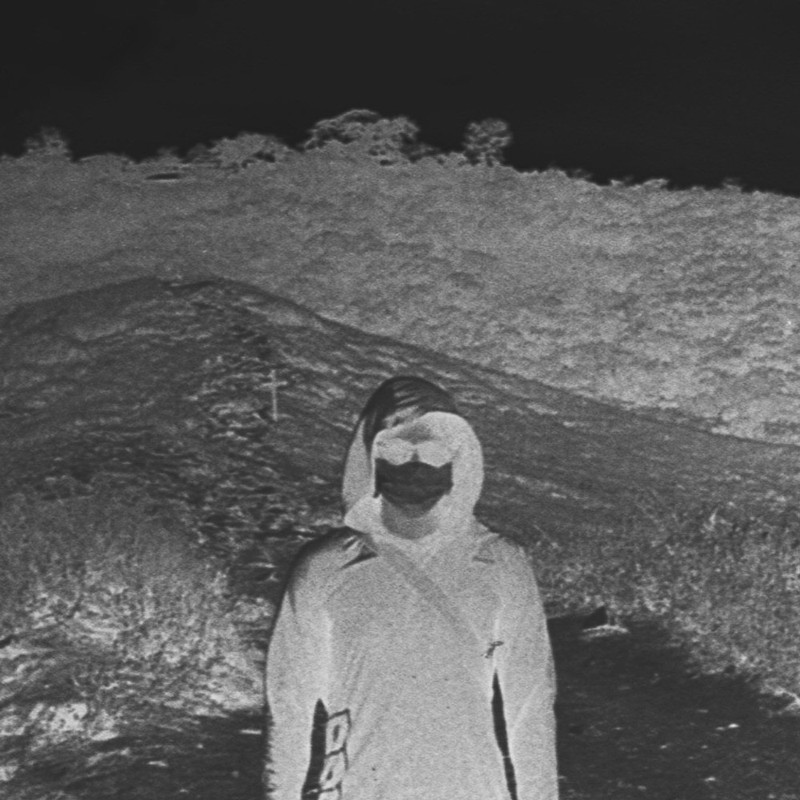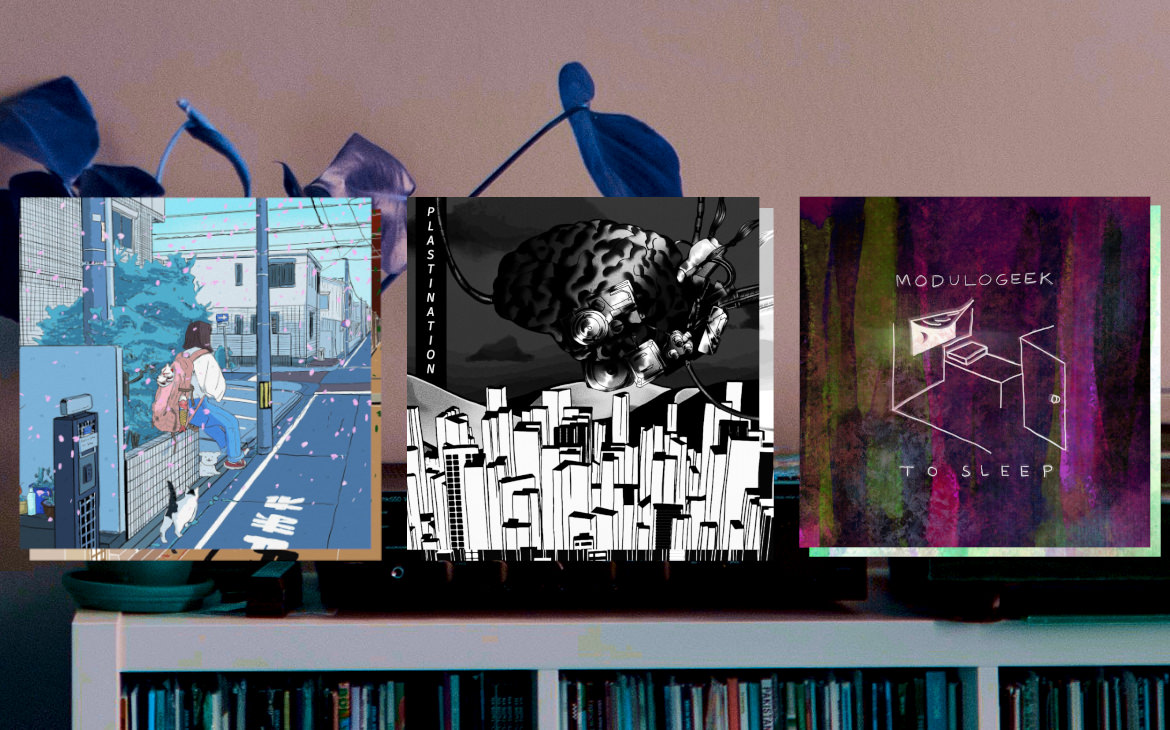In a frantic, anxiety-riddled 2020, the respite these records provide is welcome.
Words by Aldus Santos
Illustration by MC Galang
There’s a world out there beyond the verbal, and it’s liberating. As insufferably verbose as I get, I’m mum in musical nomenclature. I just can’t catch up with all the multi-hyphenated genre gene-splicing. To my mind, I’d rather not call wordless tunesmiths—those, say, in the Brian Eno vein—meaningless, media-hype names.
In essence, I consider these guys sound collagists, and the work they do akin to installation art or mixed media. Some lazy indexers may lump all singer-less artists together like they all belong to some imagined Stepford Wives–type village of robotic weirdoes, but that’s almost like lumping together people who really, really like tofu.
Which is another way of saying it’s pointless.
In these intervening prison-like COVID months, I’ve been blessed with the time to quaff in music in a more, hmm, deliberate fashion, and these following records have kept me company. And when I say that, I mean they’re the kind of company that doesn’t hold the air hostage with their life-of-the-party repartee; they’re the sort that allows you to kick back with a good book of poems and maybe some French-pressed brew. They’re barely there, but that understated spirit is, also, what makes them invaluable.
ビクター MKII: Kimi No Machi (July 3, 2020)

It’s almost like ビクター MKII doesn’t like to be found. At least not in Western waters, or in waters speaking in exclusively white tongues. You can’t pull an easy name-search on him in streaming, and you have to elbow your way through ordering his maddeningly quick-selling records.
I was lucky enough to snag a copy of Kimi No Machi—the Naga-based producer’s third outing—and while I generously streamed it prior to the acquisition, I thought getting a physical copy was in keeping with the Japan-love of the entire enterprise. The Japanese are notoriously enamored with physical, and, in fact—as a recent chat with a Nagoya-based high school buddy would tell me—in some parts people still rent both video and audio CDs. But I digress.
Kimi is both pop pastiche and talismanic tribute: to musical intertextuality, to city noises, to indecipherable television dialogue, to machine whirrs and purrs. It’s the sound of modern life and all its attendant anxieties. It’s similar to foley work for films, how Victor-of-Naga approaches sound design. I say that because, on top of being great sample-driven pieces, they’re also potent pieces of audio reportage.
Kimi is music you can put on and ignore, but it’s also the sort of highly elaborate mantelpiece you can spend hours taking apart, should you feel the compulsion to.
kvtvlv: Plastination (July 4, 2020)

Isn’t it curious how these two records were released within a day of each other? I can’t definitely say Victor and Migs Querubin—guitarist for the amazing Fools & Foes, now sporting the kvtvlv moniker—are cut from the same cloth, although Querubin I know lived in Japan and is generally more Japan-literate than most people who would qualify more as fetishists than enthusiasts.
But, yeah, I digress once more.
Half a year before unleashing Plastination unto the world, Querubin did some session work for me and my friends in Pamphleteer (playing some Kings of Convenience-style guitar-noodling on “My Lover is Not My Love”), and that irrelevant bit of marginalia puts a smile on my face. I mean, shit, the man was writing a record that couldn’t be any farther from trad! It’s a comforting thought, though, because true musicianship is like owning different hats: you have both square and out-there pieces, and you can wear any of them with ease and comfort.
Plastination is a brooding beauty. It does not foley the real world into your ears; it repaints your walls and rearranges your furniture such that they fit Querubin’s Blade Runner-meets Brave New World-meets 1984 universe to a tee. In it, the present is a thing to be avoided at all costs: there’s nostalgia for a saccharine past and paranoia for an uncertain future, but the now is an unspeakable jungle that one must navigate with a surplus of caution. They’re dissimilar peas from different pods, of course, but whereas Fools & Foes revels in the jagged, kvtvlv cradles the listener in a swath of evenness, at least in temporal time.
True musicianship is like owning different hats: you have both square and out-there pieces, and you can wear any of them with ease and comfort.
Also, and this needs to be said: I used to be rabidly anti-intertext; I was of the let-music-be-appreciated-on-its-merits school. But getting belatedly schooled in David Byrne-style theatrics (Stop Making Sense, anyone?) has turned me around. This, of course, is your cue to marvel at the mood-appropriate visuals Pattyist has created for the record. As world-building goes, it’s a Cinderella’s-glass-shoe fit.
Modulogeek: To Sleep (October 10, 2020)

Modulogeek—my friend Joon Guillen, who, full disclosure, I was in at least two bands with—has been sorely missed, and he quells this drought with To Sleep: a resolutely more mid-tempo and more serene affair than most of his previous releases. Where the two previous records I discussed are meandering, dystopian propositions, Modulogeek’s new four-track EP is a study in monotone-as-texture. He eschews sound effects and slice-of-life samples, opting instead to conjure life through pretend-lifelessness—through “playing possum,” as the idiom goes—using Jon Brion-meets-Jonny Greenwood motifs underplayed to great effect. To Sleep, in essence, is the polar opposite of histrionics: a mature, domesticated, pacifist record that’s secure in its feet and skin.






